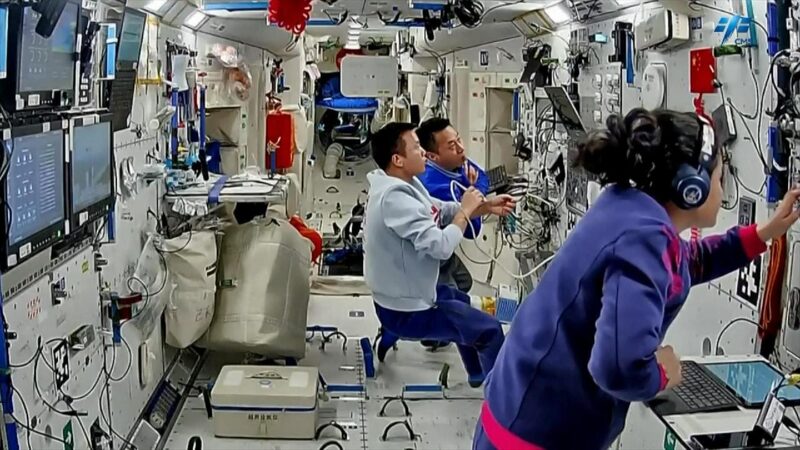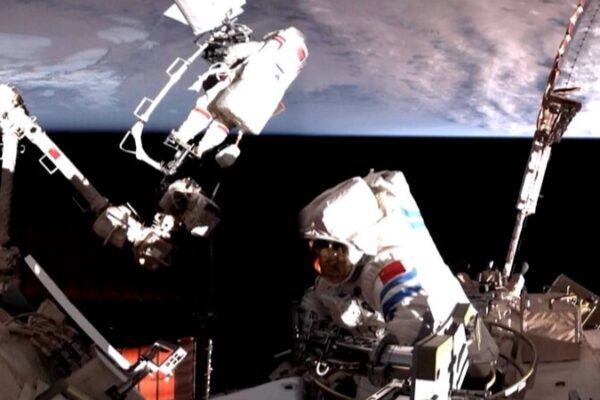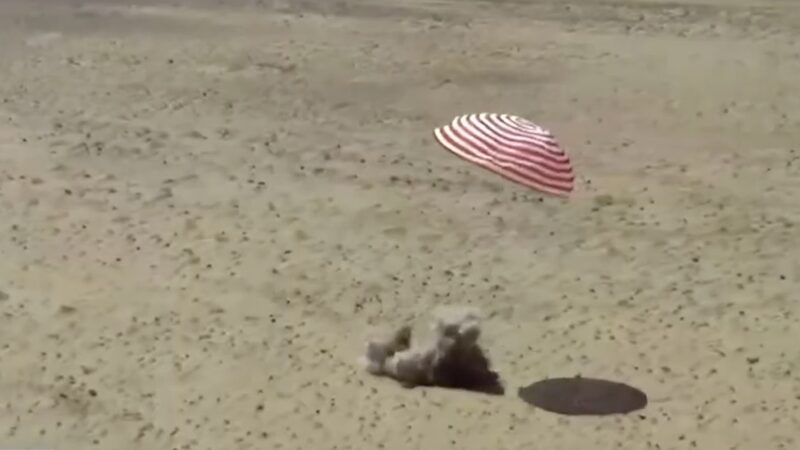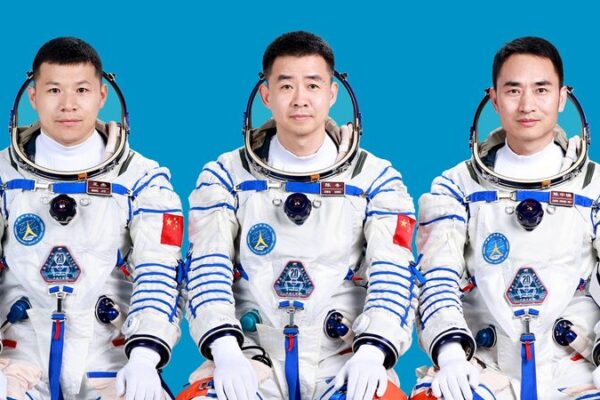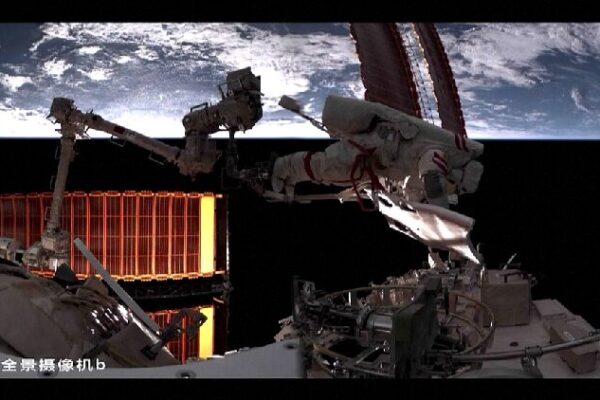The crew aboard the Shenzhou-19 spacecraft have been hard at work conducting groundbreaking scientific experiments on the China Space Station. Astronauts Cai Xuzhe, Song Lingdong, and Wang Haoze have spent nearly four months in orbit, delving into research that could shape the future of space travel and human health.
Muscles and Bones in Microgravity
The astronauts are studying how microgravity affects muscles and bones. By performing exercises and collecting data on foot pressure, joint movements, and muscle activity during different workouts, they’re uncovering how muscles and tendons interact in space. This research is crucial for keeping astronauts healthy on long missions.
Exploring Blood Flow Without Gravity
They’ve conducted vascular ultrasound exams to see how blood flows through the body in a weightless environment. By examining multiple organs over time, scientists hope to understand how spaceflight affects the circulatory system.
Protecting Astronauts’ Eyesight
Understanding how space affects vision is vital. The crew performed eye tests using high-tech equipment to monitor changes in their eyesight. This data will help develop strategies to keep astronauts’ eyes healthy during long stays in space.
Advancing Space Physics
Beyond human health, the astronauts worked on physics experiments. They reconfigured equipment in the fluid physics rack and changed a burner in the combustion science rack, contributing to our understanding of fundamental processes in space.
Training and Maintenance
In addition to experiments, the crew trained for rendezvous and docking missions and performed maintenance on essential equipment and life support systems, ensuring the space station operates smoothly.
The Shenzhou-19 mission, which began on October 30 last year, includes 86 space science research and technology experiments. The findings from these studies are expected to significantly impact the future of space exploration and our understanding of life in space.
Reference(s):
Shenzhou-19 crew conducts scientific experiments, training in space
cgtn.com
